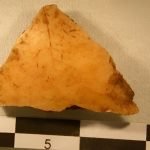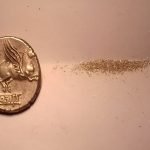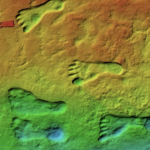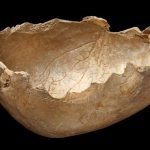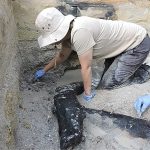Ancient DNA sheds light on Europe’s first people
Long ago, way before your grandparents, their grandparents, and even their grandparents' grandparents were born, humans were on the move.
They left Africa and began...
Neanderthals and early humans: A DNA love story
Imagine two long-lost cousins reuniting after thousands of years and realizing they're more similar than they thought!
This is kind of what happened between Neanderthals...
Ancient stone tool makes surprise appearance in old French painting!
Imagine you're looking at an old painting from France, and you notice something that looks like a stone tool from a very, very long...
Ancient Romans were early pioneers of recycling, shows study
The ancient Romans are famous for their grand architecture, innovative engineering, and vast empire.
But did you know they were also one of the early...
Humans got to America 7,000 years earlier than thought, new research confirms
When and how humans first settled in the Americas is a subject of considerable controversy. In the 20th century, archaeologists believed that humans reached...
Cannibalism was a cultural ritual 15,000 years ago, archaeology study finds
Thousands of years ago, groups of people living in northern Europe, belonging to the Magdalenian culture, had a unique way of honoring their dead:...
Medieval mystery: Students turn Oxford into a crime scene!
Long ago, during medieval times, Oxford wasn’t the serene scholarly place we know today, but a hub of mischief and mayhem!
Research reveals that students...
Scientists discover hidden chambers in Sahura’s pyramid
In a thrilling revelation, a team of Egyptian and German researchers led by Egyptologist Dr. Mohamed Ismail Khaled, from Julius-Maximilians-Universität of Würzburg (JMU), have...
Ancient wooden structure discovered in Zambia reveals early human ingenuity 500,000 years ago
Have you ever wondered how far back in time humans started building things like houses or platforms?
A team of researchers from the University of...
Ancient Roman glass turns into a modern-day marvel, shows study
Have you ever wondered what happens to old, broken glass?
Two scientists at Tufts University made a groundbreaking discovery using a sparkling piece of ancient...

